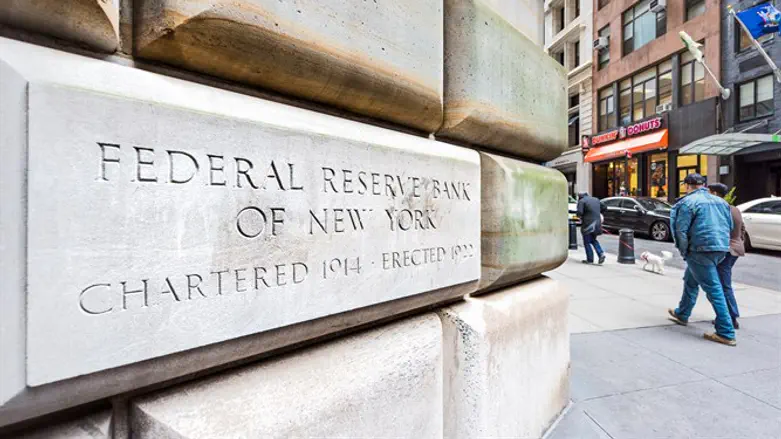
US President Joe Biden’s pick for the nation's top banking regulatory position is denying claims she has communist leanings, saying she was an “anti-communist” while studying at a Soviet university and accusing critics of discriminating against her due to her Kazakh background and gender, the Washington Examiner reported.
Cornell University law professor Saule Omarova, who was born in Kazakhstan, and who went to college at Moscow State University in the USSR on a Lenin Personal Academic Scholarship, told the Financial Times that she is not a communist.
“There is definitely a different standard applied to someone like me,” Omarova said. “I am an easy target: an immigrant, a woman, a minority… I don’t look like your typical comptroller of the currency. I have a different history. I am easy to demonize and vilify.”
The nomination of Omarova has been criticized by Congressional Republicans, who pointed to her advocacy for ending banking “as we know it.”
The ranking Republican on the Senate Banking Committee, Senator Pat Toomey (R-RI), asked Omarova to make available her thesis written while she was at Moscow State University titled, “Karl Marx’s Economic Analysis and the Theory of Revolution in The Capital.”
Omarova said she had no choice in writing the thesis, pointing out that her grandmother was orphaned when the Soviet Union exiled her whole family to Siberia for refusing to join the communist party.
“I was in the Soviet Union, where there was no academic freedom, and this was a mandatory assigned topic. What I wrote in that paper has nothing to do with what I believed in then or in what I believe in now,” Omarova said.
She also said that during her time in college, she was an “anti-communist” along with many of her classmates.
Toomey asked Omarova why her thesis had been listed on her resume as recently as 2017 but was now deleted.
Republicans on the Banking Committee further cited a recent paper she wrote titled, “The People’s Ledger: How to Democratize Money and Finance the Economy.” The document called for “radically reshaping the basic architecture and dynamics of modern finance.”
Omarova has also been criticized for advocating giving the Federal Reserve massive control over the oversight of the economy, as the “the ultimate public platform for both modulating and allocating the flow of sovereign credit and money in the national economy.”
